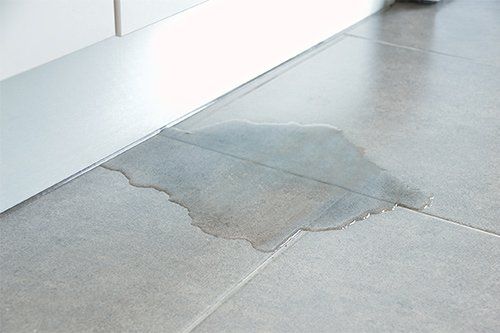The Residential Common Common Factors of Leakage: In-Depth Analysis
The Residential Common Common Factors of Leakage: In-Depth Analysis
Blog Article
What are your thoughts on How Fast Water Damage Can Ruin Your Home?

Leaks not only trigger waste of water but can likewise create unneeded damages to your house and promote undesirable natural development. By understanding as well as looking for day-to-day circumstances that create leakages, you can safeguard your home from future leakages as well as unneeded damage.
Immediate temperature modifications.
Extreme temperature adjustments in our pipelines can create them to broaden as well as get all of a sudden. This development and also tightening might create splits in the pipes, specifically if the temperature are below freezing. It would certainly be best if you watched on just how your plumbing functions. The presence of the formerly stated circumstances often indicates a high risk.
Corroded water supply
This could be the reason of staining or bending on your water pipelines. If our plumbing system is old, take into consideration replacing the pipes considering that they are at a greater risk of rust than the more recent versions.
Defective Pipe Joints
Pipe joints can weaken over time, resulting in water leaks. If you have noisy pipes that make ticking or banging sounds, particularly when the warm water is turned on, your pipe joints are probably under a great deal of pressure.
Trespassing roots
The majority of water leakages start outside the house instead of inside it. If you observe an unexpected decline in water stress, claim in your faucet, take time to head out and also analyze your backyard. You could discover wet spots or sinkholes in your backyard, and that might suggest that tree roots are attacking water lines triggering water to seep out. You can have your plumber look for invasion, particularly if you have trees or bushes near your property.
Poor Water Connectors
At times, a leak can be brought on by loose hose pipes and also pipelines that provide your devices. Most of the time, shifting is what triggers the loose water Links. You might discover when it comes to a cleaning maker, a pipe may spring a leakage as a result of trembling throughout the spin cycle. In case of a water links leakage, you might see water running directly from the supply line or pools around your appliances.
Clogged Drains
Obstructed drains could be irritating as well as inconveniencing, yet they can in some cases wind up triggering an overflow resulting in burst pipes. Maintain getting rid of any kind of products that might go down your drains that could clog them to stay clear of such aggravations.
All the above are root causes of leakages but not all water leakages result from plumbing leakages; some leakages might originate from roofing system leaks. All leakages should be repaired quickly to stay clear of water damage.
Leakages not only cause waste of water yet can additionally trigger unneeded damage to your house and also promote undesirable natural development. By recognizing as well as looking for everyday circumstances that create leakages, you can protect your home from future leaks and unnecessary damage. Today, we will look at six leak causes that may be causing your pipes to leak.
At times, a leak can be caused by loosened hose pipes as well as pipes that supply your home appliances. In instance of a water connections leakage, you may observe water running directly from the supply line or puddles around your home appliances.
How To Check For Water Leak In Your Home
How To Check for Leaks
The average household's leaks can account for nearly 10,000 gallons of water wasted every year and ten percent of homes have leaks that waste 90 gallons or more per day. Common types of leaks found in the home are worn toilet flappers, dripping faucets, and other leaking valves. These types of leaks are often easy to fix, requiring only a few tools and hardware that can pay for themselves in water savings. Fixing easily corrected household water leaks can save homeowners about 10 percent on their water bills.
To check for leaks in your home, you first need to determine whether you're wasting water and then identify the source of the leak. Here are some tips for finding leaks:
Take a look at your water usage during a colder month, such as January or February. If a family of four exceeds 12,000 gallons per month, there are serious leaks.
Check your water meter before and after a two-hour period when no water is being used. If the meter changes at all, you probably have a leak.
Identify toilet leaks by placing a drop of food coloring in the toilet tank. If any color shows up in the bowl after 10 minutes, you have a leak. (Be sure to flush immediately after the experiment to avoid staining the tank.)
Examine faucet gaskets and pipe fittings for any water on the outside of the pipe to check for surface leaks.
Undetected water leaks can happen without the home or business owner even realizing. If you suspect a water leak, but not able to find the source. It is time to contact a professional water leak detection service, The Leak Doctor.
How To Find a Water Leak In Your Home
https://www.leakdoctor.com/blog/How-To-Check-For-Water-Leak-In-Your-Home_AE197.html

I have been very interested by How to Find Water Leaks and I'm hoping you liked the new article. Sharing is good. You just don't know, you could be doing someone a favor. Thanks a lot for your time. Visit us again soon.
Book Today Report this page